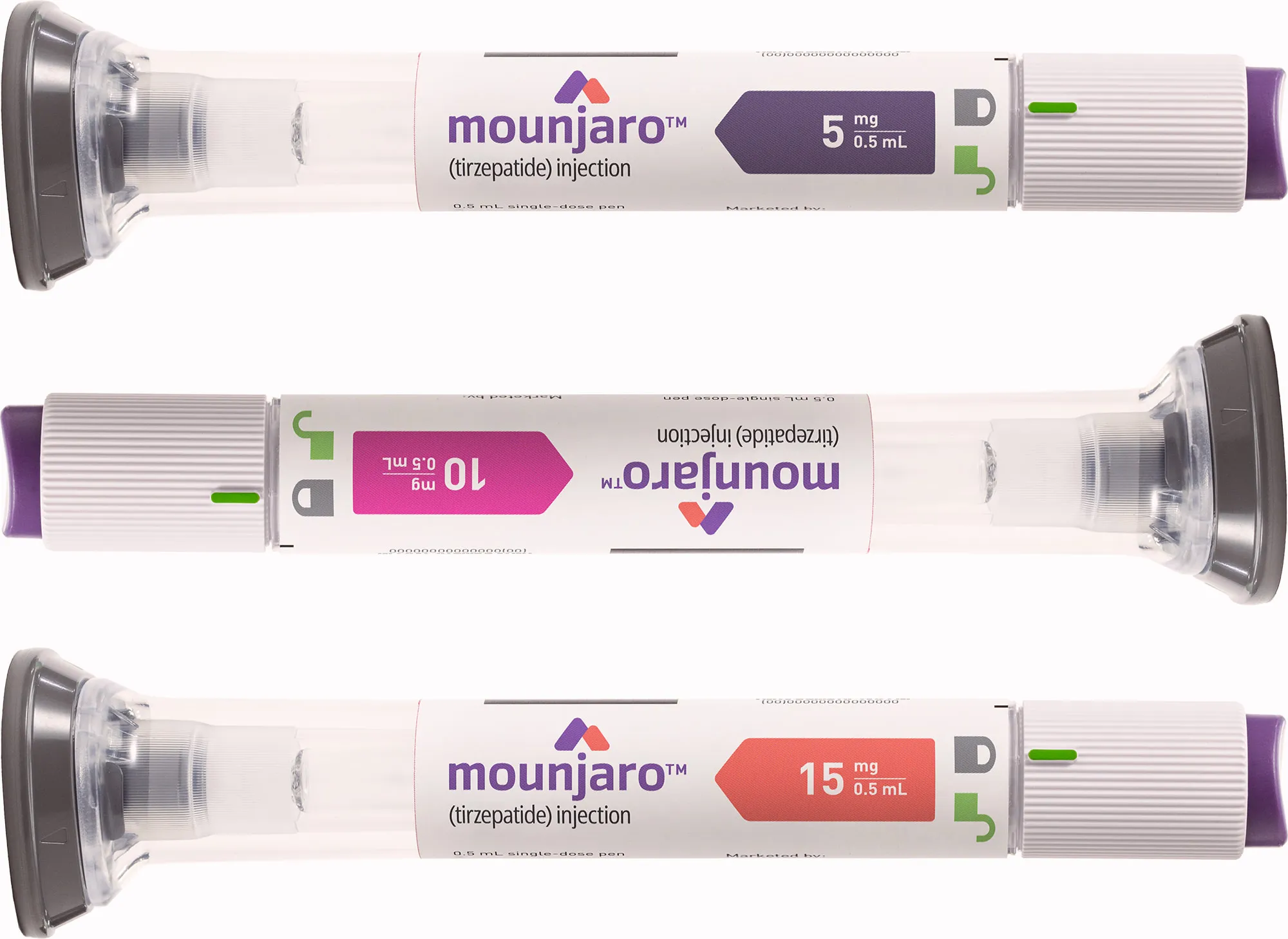A swollen jaw is a common problem and there can be several causes behind this issue. Usual factors that lead to this condition range from infections in the jaw, problems with the thyroid gland to Lyme disease. The presence of a mass or swelling on the face can give the appearance of jaw enlargement. Other than the face itself, if there is swelling on the surrounding region, your jaw could seem to be swollen as well. Since the causes of swollen jaw vary widely from case to case, the other symptoms of this problem may or may not affect the neck, mouth and your other body parts, explain some of the top notch dentists in London.
In the following sections of this post let us make a detailed exploration on possible causes to the problem of jaw swelling along with the other symptoms and remedies, so that if you suddenly come across this condition, you do not feel helpless.
Typical causes behind a swollen jaw
According to dentists with years of experience in patient handling, few typical causes behind the condition of swelling in the jaw include the following –
- Strep throat
- Tonsillitis
- Cysts in the jaw
- Lyme disease
- Thyroid nodules
- Peri tonsilar abscess
- Virus related infections
- Mononucleosis
In addition to the conditions mentioned above, thyroid cancer may also lead to the symptom of jaw swelling, although such cases are pretty rare. Each of the conditions mentioned above comes with several other symptoms. Thankfully, medical science has evolved a lot to offer a range of effective treatments to almost each of the conditions.
Now let us quickly go through a few of these conditions across the following sections of this post.
Tonsillitis
Inflammation of the tonsil glands in medical terminology is called tonsillitis. Tonsils are two soft pads of lymphoid tissue situated at the rear of the oropharynx. These glands play a crucial role in ensuring your immunity. They prevent harmful microorganisms including bacteria from entering into your body through the nose or the mouth. The condition of tonsillitis usually results in swelling in the neck which often extends to your jaw. There are other typical symptoms too, which include the following –
- Difficulty in swallowing
- Soreness in the throat
- An earache
- A cough
- A hoarse voice or inability to speak
- A headache
- Nausea
- Body temperature
In addition to the symptoms the condition of tonsillitis can also make you physically exhausted.
Treatment for tonsillitis
In usual circumstances the symptoms of tonsillitis clear away on their own within 3 to 4 days. Meanwhile you should emphasise on the following –
- Taking plenty of rest
- Consuming lots of cold fluids
- Suck on throat lozenges
- To ease the pain of swollen jaw resulting from Tonsillitis over the counter pain medications like ibuprofen and acetaminophen prove excellent options
- In addition to the ones mentioned above you may also take anaesthetic sprays for the throat
If the symptoms persist over 4 days you should see a doctor. This is basically a bacterial infection and a course of antibiotics can easily clear away the problem.
Strep throat
This is a bacterial infection which affects both the tonsils and the throat. The culprit behind this health condition is Group A Streptococcus bacteria. The lymph nodes in the neck and the jaw swell as a result along with other symptoms like –
- Pain while swallowing
- Soreness in the throat
- The tonsil glands turn reddish, swollen and filled with pus
- There can also be tiny reddish spots on the roof of the mouth
There can be more symptoms including a strong feeling of nausea or vomiting along with fever.
Treatment for strep throat
Anyone who tests positive for strep throat and develops the typical symptoms require proper treatment for a qualified doctor. Usually the problem can be corrected with penicillin or amoxicillin. Physicians with years of experience in handling patients with swollen jaw joints opine patients who are allergic to penicillin, can be cured with antibiotic medications.
Some people also develop an abscess around the tonsils. If the abscess responds to the antibiotics prescribed and gets cleared away, it is good. Otherwise it becomes necessary to drain the abscess.
On the other hand some people test positive to strep throat but do not show any symptom. Although no treatment is required for this group of patients but it is more likely that they pass on the infection to others.
Peri tonsillar abscess
Peri tonsillar abscess comes up in the area between a tonsil gland and the wall of the throat. This type of abscess is also called quinsy and remains filled with pus. The bacteria that cause strep throat are also found responsible for this condition. The problem is common among older children, adolescents and young adults and mostly develops from complication of tonsillitis. The abscess may lead to swollen face by the jaw on the left or the right side. The other symptoms that accompany this condition are as following –
- A muffled voice
- Soreness in the throat
- Swallowing difficulty, even difficulty in opening the mouth wide
- Swelling in the lymph nodes in the neck
- Chills of fever
Many patients suffering from the condition also complain about a persistent headache.
Treatment for Peri tonsillar abscess
Physicians often prescribe oral antibiotics for infections, but severe dental abscesses may require IV treatment. A swollen jaw joint can indicate the spread of infection, making it crucial to seek specialist care. Emergency Dentist London Pro provides expert abscess drainage and emergency dental services, working closely with ENT (Ear, Nose and Throat) professionals to effectively manage and eliminate the infection.
Read also: Different Disadvantages Of Crooked Teeth And How To Get Over Them


